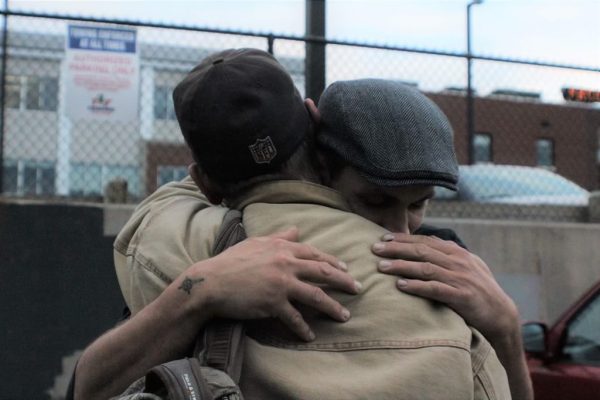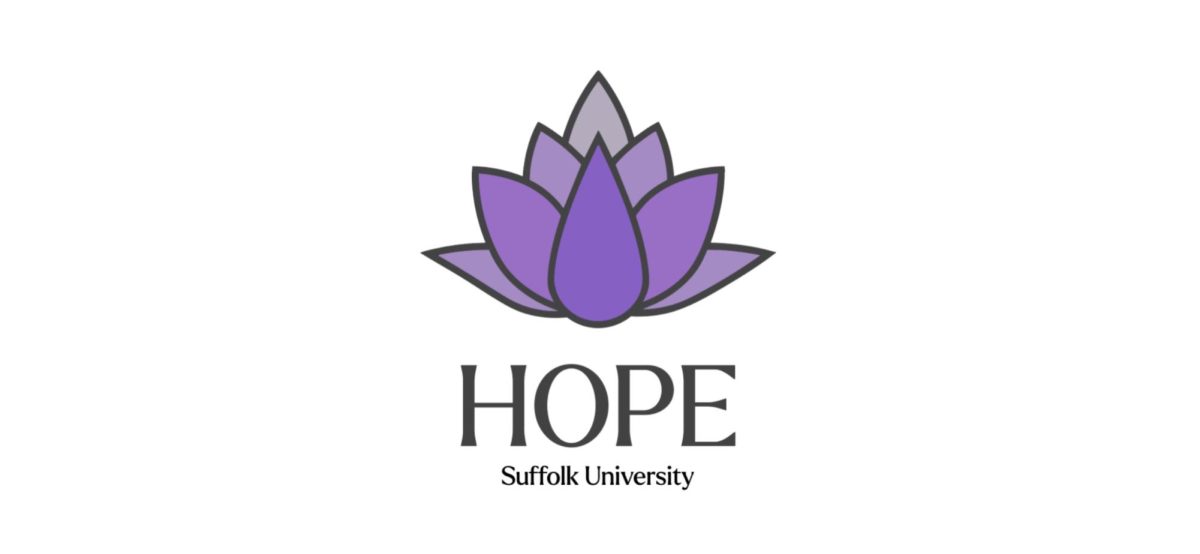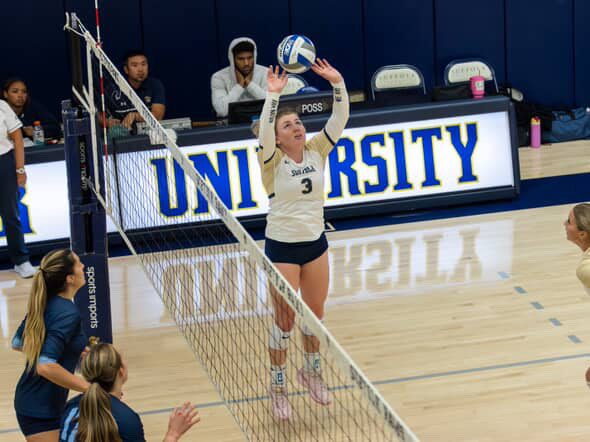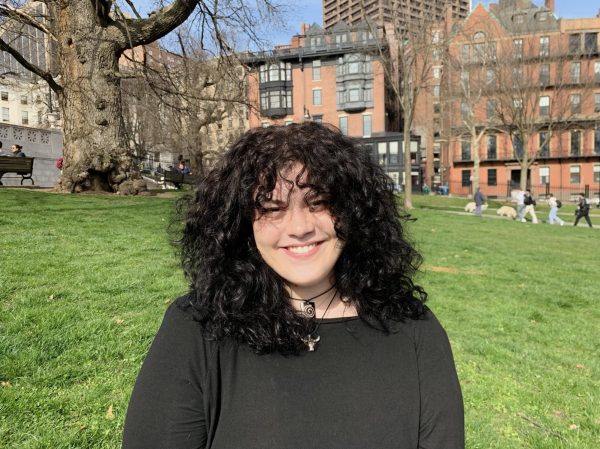This spring, Suffolk University HOPE (Harm Reduction Overdose Prevention & Education) club joins campus to educate students and raise awareness on preventing overdoses in the Boston community. Using insights from Boston’s chapter of EndOverdose, the group aims to bring the Suffolk community together to raise awareness of the drug and opioid crisis in Massachusetts and how to provide help for those personally affected.
Suffolk HOPE was created when senior criminal justice student Faith Letarte found herself in need of more support from the university after the passing of her father, Brian Garrity, in January 2024. She reflected on his work in addiction outreach as a counselor for multiple institutions, as well as being awarded by The Phoenix, a recovery program in Maine, for his work in community outreach.
“Those values were always instilled in me. Outreach and helping your community,” said Letarte.
After Garrity’s passing, Letarte looked into the services offered by Suffolk, but found she was lacking the support that she felt was truly needed. She realized she needed a student-based group who could look to each other for support and bond over similarly lived experiences.

Combining her instilled values of outreach and community, Letarte is hopeful she can carry her father’s legacy through the group and help others who are in need of extra support.
“It’s honestly healing for me to be invested in this kind of work in moving forward in my grief and coming to terms with the opioid crisis. This is the best thing I could be doing for myself right now,” said Letarte.
Benjamin McGlashing, a junior political science & legal studies student, joined Letarte as co-founder and co-president of Suffolk HOPE. He said a combined effort to start HOPE was urgently needed in order to enact local change.
“I’ve seen firsthand how addiction and the opioid crisis devastates lives, and I wanted to create a space where education, prevention, and action come together. Being in a major city only reinforced how urgent this issue is, and starting HOPE felt like a way to turn personal experience into tangible impact,” said McGlashing.
HOPE has a litany of events on the agenda this semester to educate members and the Suffolk community. Currently, they are working with EndOverdose to join a meeting and train students on how to use and administer Narcan, a nasal spray used in emergencies to reverse the effects of an opioid overdose. HOPE has also been in the works with providing this training to Greek life on campus.
Guest speakers this spring include Gordon Smith, director of the opioid crisis response in Maine and Maha Mian, a psychology professor at Suffolk who leads the Safety and Harm Reduction lab.
Topics discussed in general meetings include addressing the stigma surrounding addiction and the broader systemic issues tied to substance use. McGlashing said he wants members to leave meetings not only with information, but with motivation to create solutions.
“Beyond just awareness, I want them to feel empowered to take meaningful action, whether that means advocating for policy changes, supporting community initiatives, or simply shifting the way they think and talk about addiction. Even small acts, like challenging stigma in everyday conversations or offering compassion to those struggling, can create a ripple effect that drives real change,” said McGlashing.
Letarte said HOPE will continue to develop broader goals to educate and increase awareness at Suffolk. As well as proposing policy to Suffolk, the group plans to introduce Narcan supply boxes to be placed next to defibrillator boxes on campus.
Gianna Massaro, a senior and the event coordinator for HOPE said her passion for harm reduction drew her to the group. She hopes students can learn they have an impact on the community they live in.
“Especially given our location in Boston, I feel like it’s important as residents of the area to be familiar with the signs of an overdose and the ways you can prevent an overdose. Education as a whole is important. You could save somebody’s life with the education of overdose prevention,” said Massaro.
Suffolk HOPE meets biweekly in room 5030 in 73 Tremont on Tuesdays during activities period. Their next meeting is Feb. 11 leading with a seminar on campus policy with students.




















